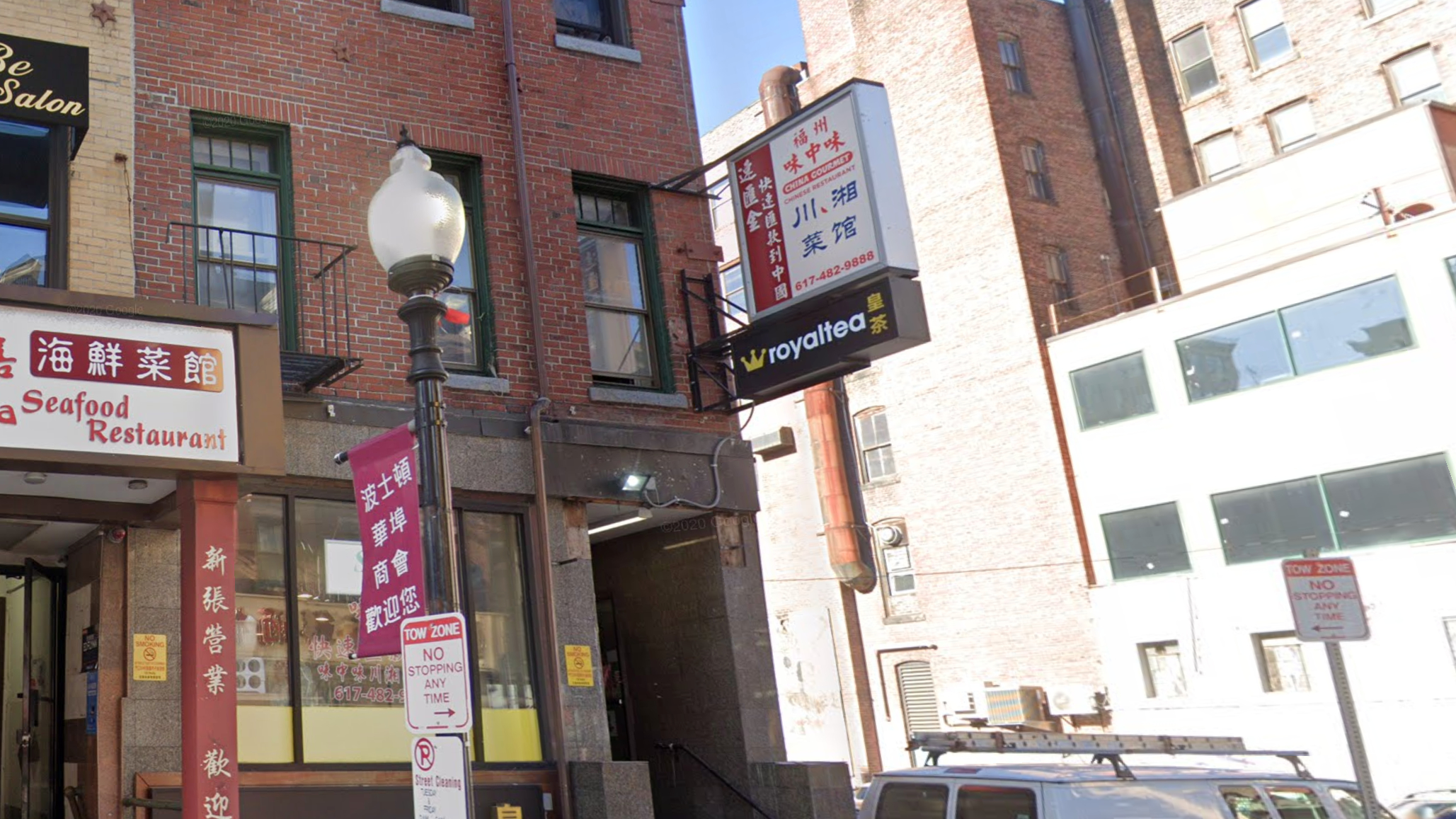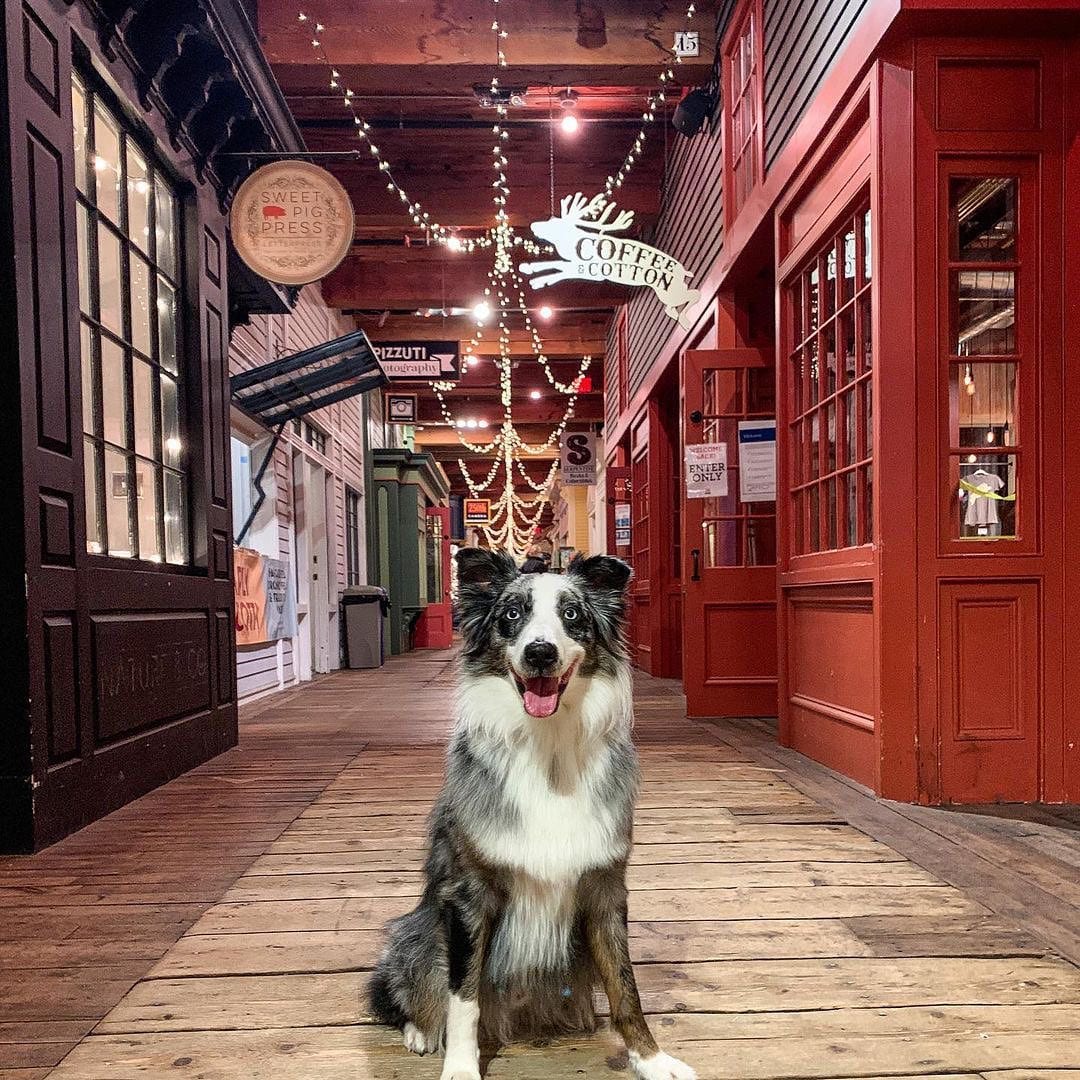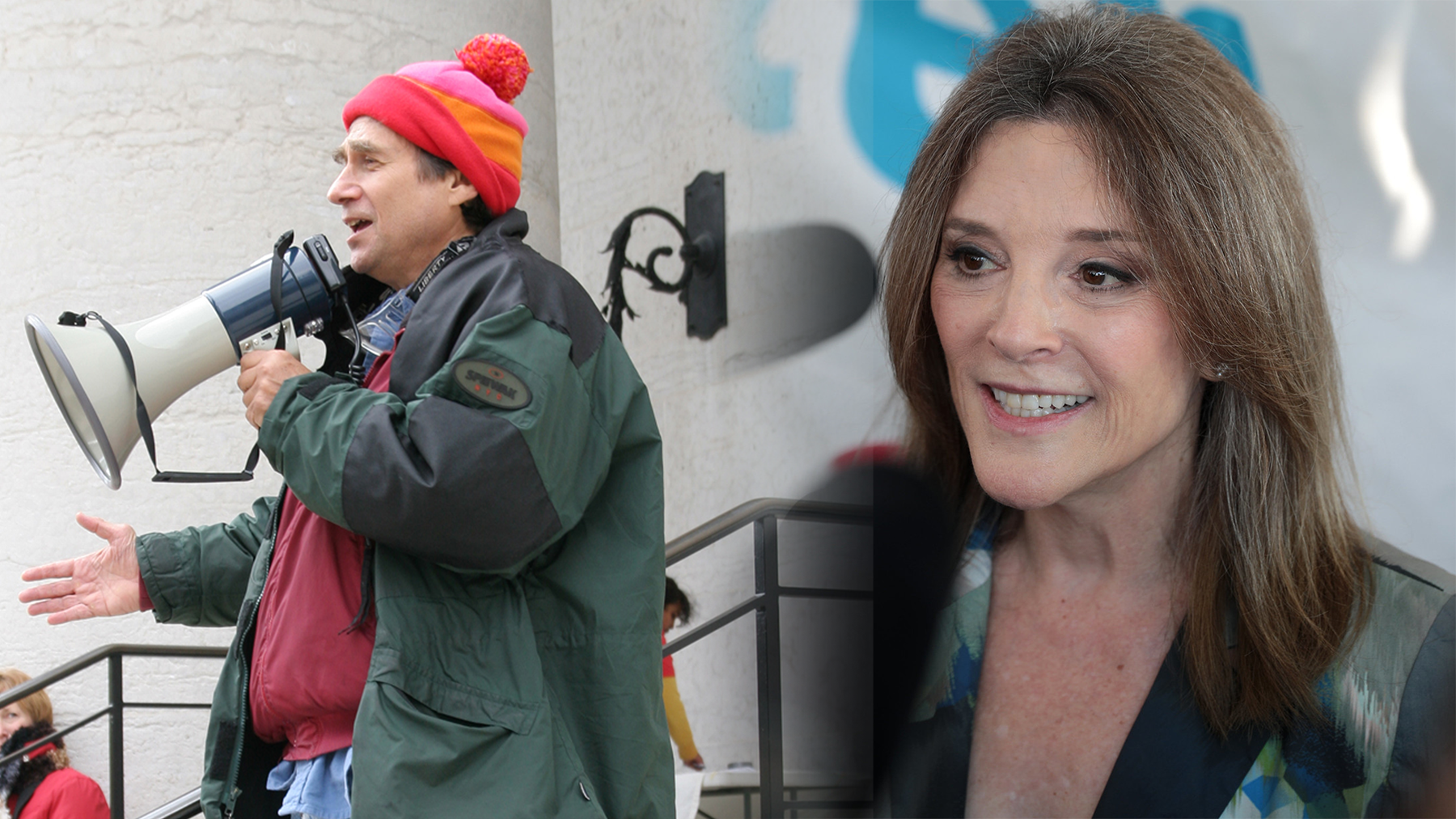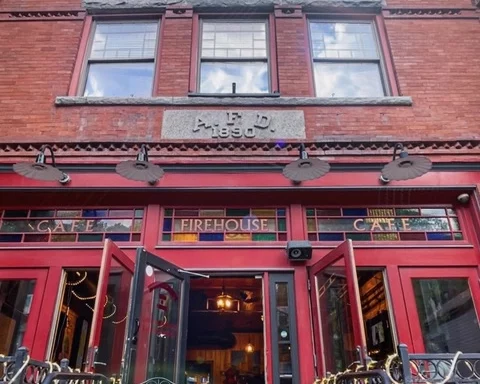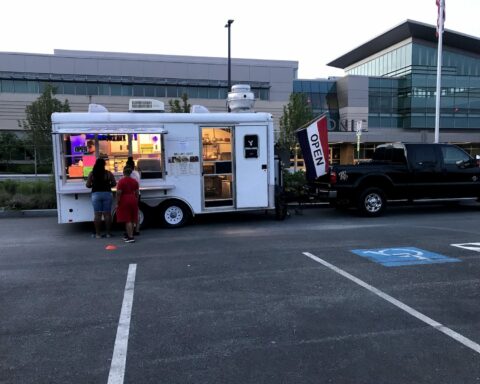Editor’s Note: The following article is derived from officially released information, published with few or no editorial changes. The Greylock Glass occasionally provides our readers with such content if the information is factual in nature, and requires little to no interpretation or analysis, often when original reportage would not provide additional relevant information.
BOSTON – Eight individuals have been indicted by a federal grand jury in Boston for their alleged roles in elaborate money laundering and money transmitting conspiracies that laundered tens of millions of dollars’ worth of drug trafficking proceeds, as well as a trade-based scheme that used stolen and/or fraudulent gift cards to purchase and ship thousands of Apple products internationally.
The following defendants were indicted on conspiracy to commit money laundering and unlicensed money transmitting:
- Shi Rong Zhang, 48, of Windham, N.H.;
- Qiu Mei Zeng, 47, of Quincy;
- Vincent Feng, 32, of Quincy;
- Da Zeng, 30, of Massachusetts;
- Wei Qing Zeng, 58, of Quincy;
- Xian Rong Zeng, 45, of Hanover; and
- Qiu Fang Zeng, 59, of Windham, N.H.
Chengzou Liu, 36, of Braintree, was also indicted on conspiracy to commit money laundering as well as possession with intent to distribute marijuana.
“These defendants are alleged to have moved tens of millions of dollars in illicit proceeds as part of sophisticated money laundering and transmitting schemes operating out of seemingly lawful businesses that serve Massachusetts residents,” said United States Attorney Rachael S. Rollins. “Without money, there is no drug trade. Laundering drug profits is fundamental to drug trafficking activity. By eliminating the means by which drug suppliers clean their illicit proceeds, we cut off the life blood of their operations: money. In doing so, we help significantly limit the flow of drugs trafficked in our communities. We need to do everything possible to make the Commonwealth safer and combat the drug crisis. This indictment should serve as a serious warning to both drug traffickers and business operators who engage in illicit money laundering: your conduct is criminal, and you will be prosecuted under federal law.”
What exactly is money laundering?
(explanation courtesy the United States Federal Bureau of Investigations)
Money laundering is turning “dirty” money “clean” by making it look like money from crimes actually came from legitimate sources.
Money laundering allows criminals to:
- hide and accumulate wealth
- avoid prosecution
- avoid taxes
- increase profits through reinvestment
- fund further criminal activity
The FBI focuses its efforts on money laundering facilitation—targeting professional money launderers, key facilitators, gatekeepers, and complicit financial institutions, among others.
Criminals who engage in money laundering derive their proceeds through:
- Complex financial crimes
- Health care fraud
- Human trafficking
- International and domestic public corruption
- Narcotics trafficking
- Terrorism
Criminals use a number of tools to launder money, including:
- Financial institutions
- International trade
- Precious metals
- Real estate
- Third party service providers
- Virtual currency
There are three steps in the money laundering process—placement, layering, and integration:
- Placement is the criminal entering money into the financial system.
- Layering is the most complex and often involves moving money internationally. Layering separates the criminal’s money from the original source and creates a complex audit trail through a series of financial transactions.
- Integration occurs when the criminal’s proceeds are returned to them from what appear to be legitimate sources.
The FBI regularly coordinates with other law enforcement agencies, international partners, and industry to detect and disrupt money laundering.
“This group is alleged to have laundered tens of millions of dollars in illicit drug trafficking proceeds which in turn, fuels the drug crisis we are currently facing,” said DEA Special Agent in Charge Brian D. Boyle. “Everyday, drug traffickers are motivated by the power and the wealth they gain from the sale of narcotics. The DEA will not allow this type of illegal activity to happen and we will continue to pursue anyone who puts their own financial gains before the safety and well being of the people of Massachusetts. This investigation demonstrates the strength of collaborative local, state and federal law-enforcement efforts in Massachusetts and our strong partnership with the US attorney‘s office.”
“Drug trafficking and money laundering go hand in hand, and this crew is accused of using their family-owned restaurant in Chinatown as a front for an elaborate, international money laundering scheme and money transmitting business in which they conducted tens of millions of dollars in off the books transactions to circumvent our country’s laws, and hide the source of their income,” said Joseph R. Bonavolonta, Special Agent in Charge of the FBI Boston Division. “Operation Good Fortune is just one example of how the FBI and our law enforcement partners work together to dismantle large-scale criminal enterprises.”
RELATED, from the BBC:
Crypto money laundering rises 30%, report finds
According to the charging documents, Qiu Mei Zeng and her former husband, Zhang, co-own China Gourmet, a restaurant in Boston’s Chinatown neighborhood. Zhang is also a registered owner of Wonderful Electronics, an electronics and restaurant supply business based in Hanover. It is alleged that the defendants used these businesses to run a large-scale money laundering and money transmitting operation that involved the laundering of drug proceeds and proceeds from stolen and/or fraudulent gift cards.
Why are restaurants frequently used to launder money?
Explanation courtesy the Federal Financial Institutions Examination Council
Cash-intensive businesses and entities cover various industry sectors. Most of these businesses are conducting legitimate business; however, some aspects of these businesses may be susceptible to money laundering or terrorist financing. Common examples include, but are not limited to, the following:
- Convenience stores.
- Restaurants.
- Retail stores.
- Liquor stores.
- Cigarette distributors.
- Privately owned automated teller machines (ATM).
- Vending machine operators.
- Parking garages.
Risk Factors
Some businesses and entities may be misused by money launderers to legitimize their illicit proceeds. For example, a criminal may own a cash-intensive business, such as a restaurant, and use it to launder currency from illicit criminal activities. The restaurant’s currency deposits with its bank do not, on the surface, appear unusual because the business is legitimately a cash-generating entity. However, the volume of currency in a restaurant used to launder money will most likely be higher in comparison with similar restaurants in the area. The nature of cash-intensive businesses and the difficulty in identifying unusual activity may cause these businesses to be considered higher risk.
During a months-long wiretap investigation, Liu was identified as a marijuana trafficker who laundered his drug proceeds through Qiu Mei Zeng and Zhang’s businesses. It is alleged that Liu regularly delivered large amounts of bulk drug proceeds, typically in amounts greater than $30,000, to China Gourmet, and to Qiu Mei Zeng, who then laundered the money via electronic transfers. Additionally, in March 2022, investigators allegedly seized over $250,000 of suspected marijuana proceeds being transported by Wei Qing Zeng from New York to China Gourmet in Boston. The cash was found inside Wei Qing Zeng’s vehicle, hidden under packaged frozen meat products as it was en route to be delivered to China Gourmet.
To conduct the scheme, Qiu Mei Zeng and Zhang allegedly worked with their co-conspirators – including family members Wei Qing Zeng, Xian Rong Zeng and Qiu Fang Zeng – to launder hundreds of thousands of dollars’ worth of drug proceeds in exchange for Chinese Renminbi. Specifically, it is alleged that the defendants would accept drug proceeds in Boston and New York for a fee, transfer the equivalent value of Chinese Renminbi to drug traffickers’ bank accounts and “sell” the drug proceeds to individuals in the United States at a discounted exchange rate. Through these off-the-books transactions, the defendants conspired to avoid United States reporting requirements, as well as China’s capital flight limits, and to hide the nature and source of the illicit funds being transferred.
It is further alleged that Zhang, Qiu Mei Zeng, Da Zeng, Feng and other defendants worked together on a sophisticated trade-based money laundering scheme in which they used stolen and/or fraudulent gift cards to purchase thousands of Apple products, which they then shipped internationally to locations, including Dubai, in exchange for tens of millions of dollars in wire transfers.
The charge of conspiracy to commit money laundering provides for a sentence of up to 20 years in prison, up to three years of supervised release and a fine of up to $250,000 or twice the value of the property involved, whichever is greater. The charge of unlicensed money transmitting provides for a sentence of up to five years in prison, up to three years of supervised release and a fine of up to $250,000. The charge of possession with intent to distribute marijuana provides for a sentence of up to 20 years in prison, at least three years and up to a lifetime of supervised release and a fine of $1 million. Sentences are imposed by a federal district court judge based upon the U.S. Sentencing Guidelines and statutes which govern the determination of a sentence in a criminal case.
U.S. Attorney Rollins; DEA SAC Boyle; FBI SAC Bonavolonta; Joleen D. Simpson, Special Agent in Charge of the Internal Revenue Service’s Criminal Investigation in Boston; Colonel Christopher Mason, Superintendent of the Massachusetts State Police; Boston Police Acting Commissioner Gregory Long; Braintree Police Chief Mark W. Dubois; and Quincy Police Chief Paul Keenan made the announcement today. Valuable assistance in the investigation was provided by the United States Postal Inspection Service. Assistant U.S. Attorney Lauren A. Graber of Rollins’ Criminal Division is prosecuting the case.
This investigation, dubbed Operation Good Fortune, is part of an Organized Crime Drug Enforcement Task Forces (OCDETF) operation. OCDETF identifies, disrupts, and dismantles the highest-level criminal organizations that threaten the United States using a prosecutor-led, intelligence-driven, multi-agency approach. Additional information about the OCDETF Program can be found at https://www.justice.gov/OCDETF.
The details contained in the charging documents are allegations. The defendants are presumed innocent unless and until proven guilty beyond a reasonable doubt in a court of law.
